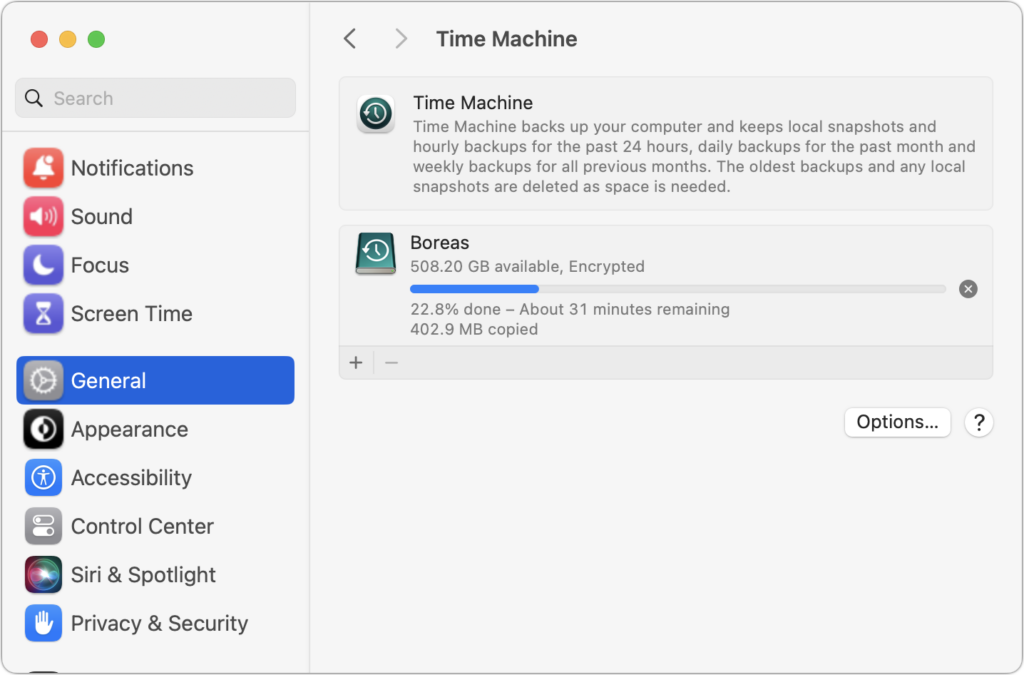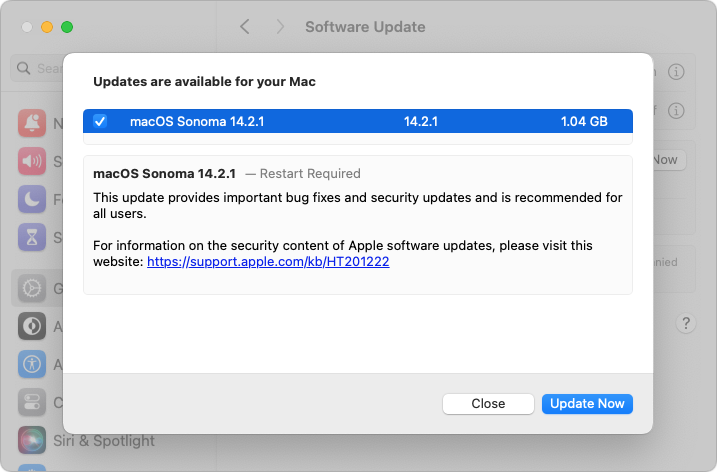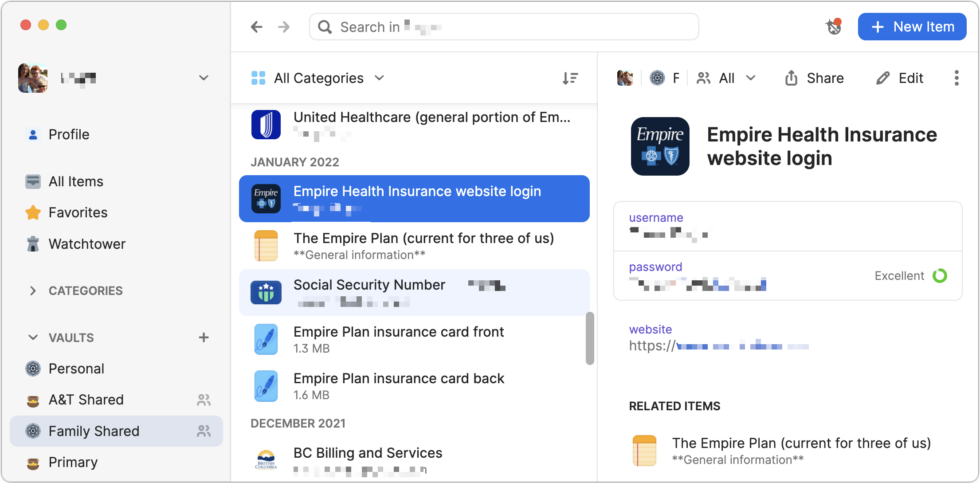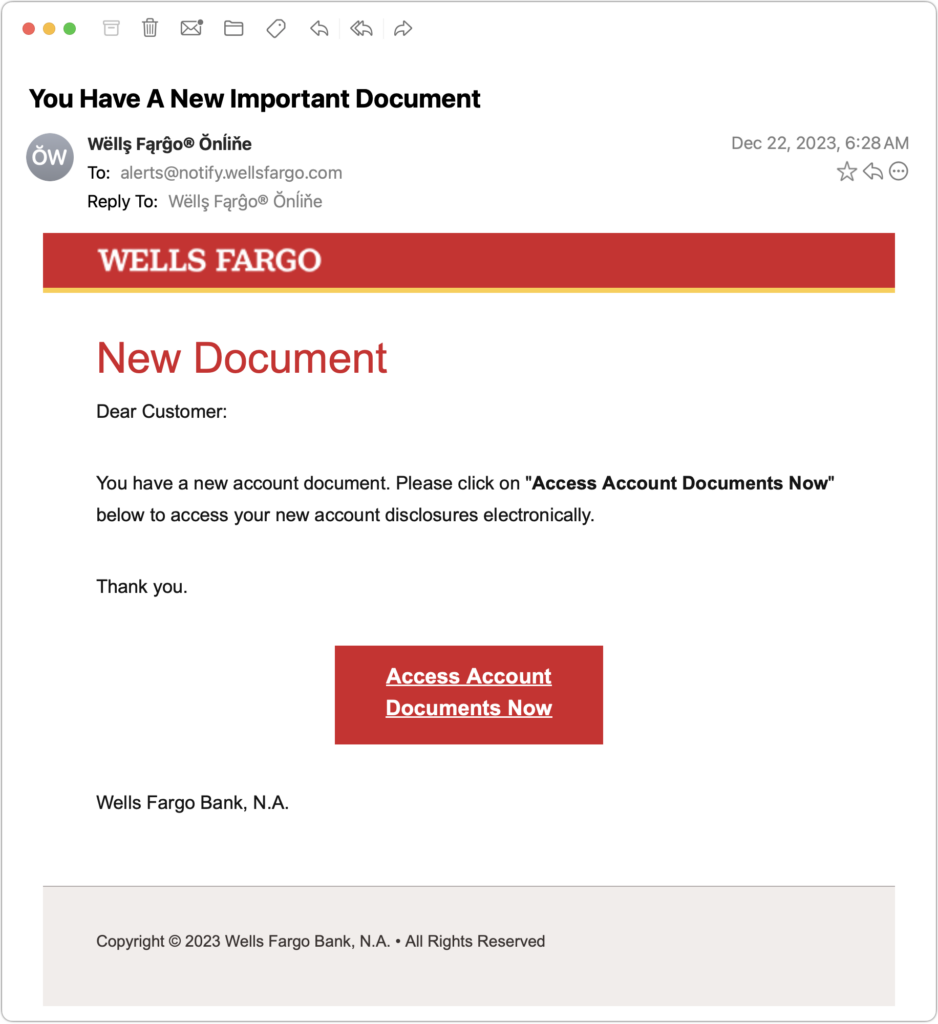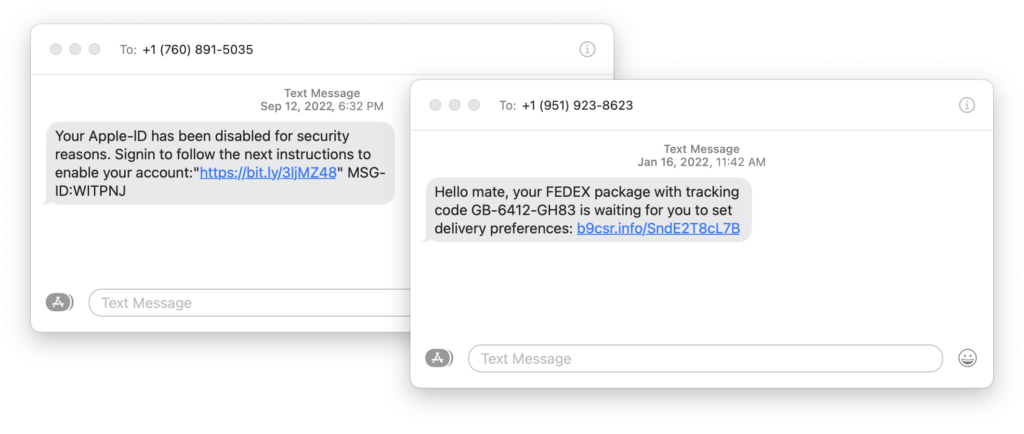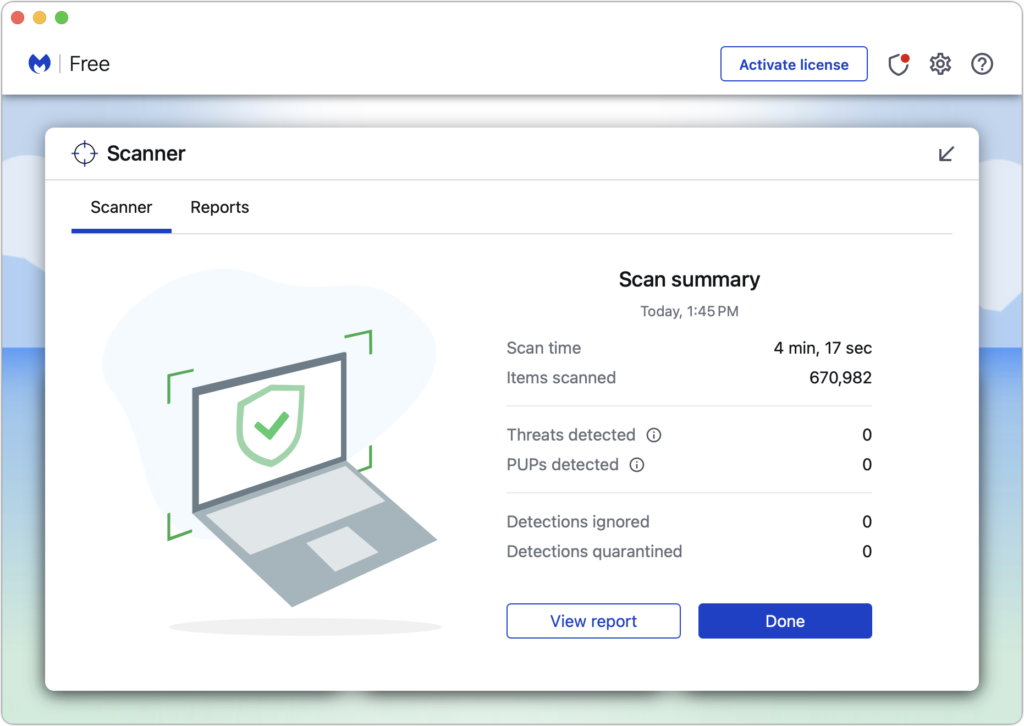Happy New Year and welcome to 2024! Starting a new year often means reflecting on fresh habits we would like to adopt. Allow us to suggest a few resolutions that will improve your digital security and reduce the chances of negative things happening to you online.
Back Up All of Your Devices
The most important step you can take to stave off digital doom is to make regular backups. You can recover from unfortunate circumstances—such as equipment failure or device breakage or loss—with a good backup strategy.
For the Mac, it is easiest to back up with Time Machine to an external drive, but remember that offsite or Internet backup is also essential. With iPhones and iPads, it’s easiest to back up to iCloud (which happens automatically every night if you turn it on in Settings > Your Name > iCloud > iCloud Backup), but you can also back up to your Mac if you lack sufficient iCloud storage space. Apple Watches automatically back up to their paired iPhones—so if you protect your iPhone, you can always restore your Apple Watch.
Keep Your Devices Updated
Another key step in protecting your security is to install new operating system updates and security updates soon after Apple releases them. A typical update addresses 10-30 vulnerabilities that Apple or outside researchers have identified. We recommend waiting to install an update for about a week, just in case it has undesirable side effects. Such problems are uncommon, and when they crop up, Apple pulls and quickly fixes the update, releasing it again within a few days.
Use a Password Manager
If you are still typing passwords by hand or copying and pasting from a list in a file, please start using a password manager like 1Password or BitWarden. Even Apple’s built-in password manager and iCloud keychain are fine, though not as fully featured as the others.
A password manager offers five huge benefits:
- Generates strong passwords
- Stores your passwords securely
- Enters passwords for you
- Audits existing accounts
- Provides access to passwords on all of your devices
Beware of Phishing Email
Both individuals and businesses frequently suffer from security lapses caused by phishing: forged emails that fool someone into revealing login credentials, credit card numbers, or other sensitive information. Spam filters catch many phishing attempts, but you must always be on guard. Watch for:
- Emails that want you to reveal information, follow a link, or sign a document
- Messages from people you do not know, asking you to take unusual actions
- Direct emails from large companies for whom you are an anonymous customer
- Forged emails from trusted sources asking for sensitive information
- Messages that contain numerous spelling and grammar mistakes
Never Respond to Unsolicited Calls or Texts
Although phishing happens mostly via email, scammers also use texts and phone calls, which can appear to come from well-known companies. One example is a text message pretending to help you track a package. Avoid following links in texts unless you recognize the sender, and unless it makes sense that you would be receiving a link. In any scenario, do not enter login information at a site you have reached via a link; instead, manually navigate to the company’s site by entering its URL in your web browser and then logging in.
For phone calls, unless you are expecting a call from a company, do not answer and let the call go to voicemail. If you need to respond, look up the company’s phone number elsewhere rather than use the one provided in the voicemail.
Avoid Sketchy Websites
You are more likely to pick up malware from sites on the fringes of the Web or that cater to society’s vices. Stay safe by avoiding sites that revolve around pirated software, cryptocurrency, “adult” content, gambling, or sales of illicit substances. Though reputable sites have been hacked and used to distribute malware, it is far less common. If you are concerned, download a free copy of Malwarebytes or VirusBarrier Scanner and scan for malware manually.
Get ready for a safer 2024 with these New Year’s resolutions and secure your devices, avoid scams, block malware, and enjoy the security of password managers. If you need help getting started, please get in touch.

